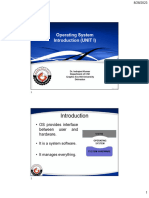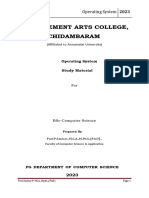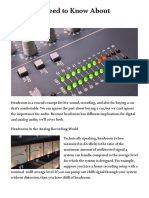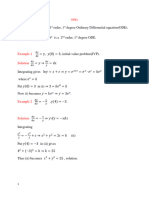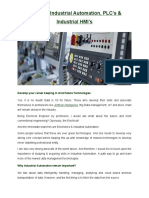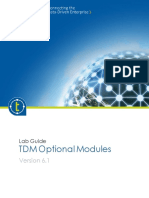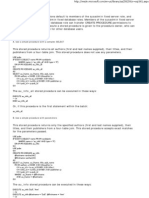0% found this document useful (0 votes)
62 views10 pagesOperating Systems An Introduction
Uploaded by
minecraftinsaan76Copyright
© © All Rights Reserved
We take content rights seriously. If you suspect this is your content, claim it here.
Available Formats
Download as PPTX, PDF, TXT or read online on Scribd
0% found this document useful (0 votes)
62 views10 pagesOperating Systems An Introduction
Uploaded by
minecraftinsaan76Copyright
© © All Rights Reserved
We take content rights seriously. If you suspect this is your content, claim it here.
Available Formats
Download as PPTX, PDF, TXT or read online on Scribd
/ 10


































